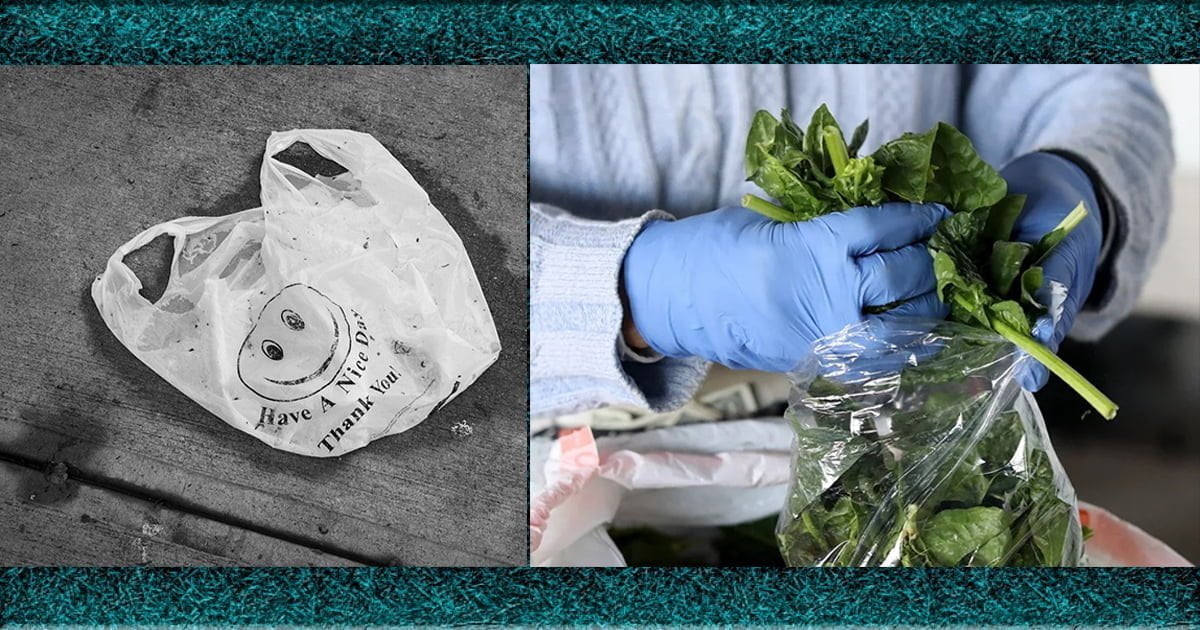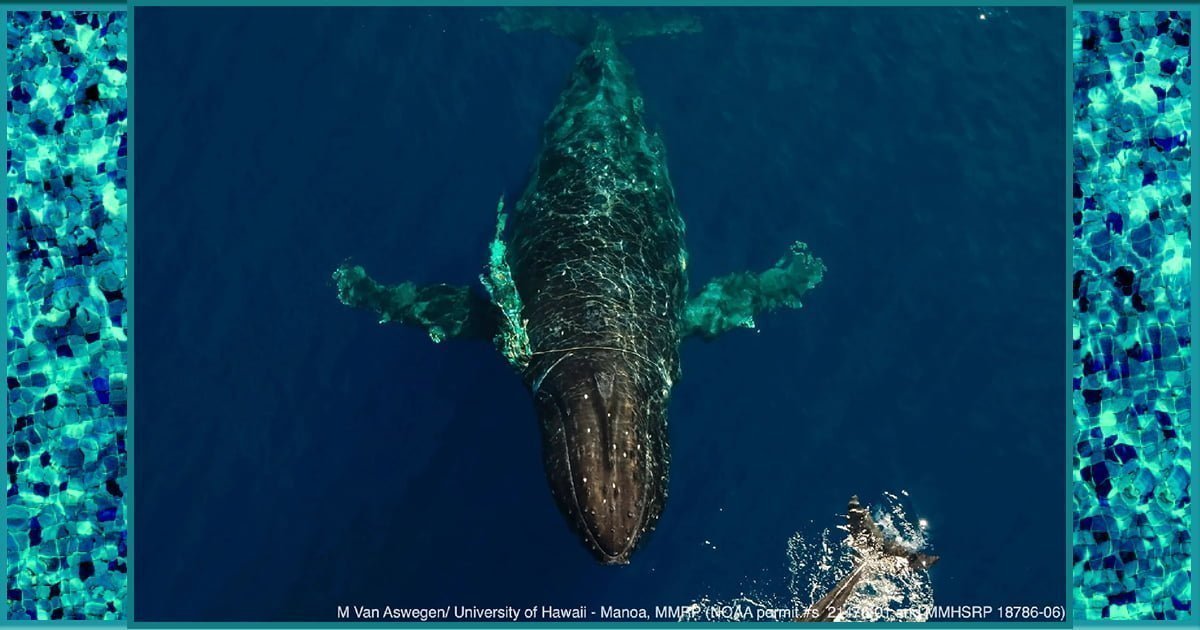Flint, Michigan Reaches $600 Million Settlement in Water Crisis Lawsuit
Flint, Michigan – In a significant development last Thursday, Michigan officials unveiled a historic settlement of $600 million aimed at compensating Flint residents whose health suffered due to lead-contaminated drinking water. The Flint water crisis ignited a class-action lawsuit, exposing the dire consequences when government mismanagement plagues impoverished, predominantly Black communities.
Prolonged Negotiations Yield Landmark Settlement
Governor Gretchen Whitmer’s office and Attorney General Dana Nessel disclosed that negotiations spanning over 18 months with attorneys representing thousands of Flint residents culminated in this historic resolution. The water crisis, which commenced in April 2014, stirred a scandal that rocked the nation.
Governor Whitmer, a Democrat, expressed concerns that the allocated funds might still fall short for some victims. She acknowledged that the flawed system and bureaucracy sometimes fail to fully address the six years of suffering endured by Flint’s residents. Nevertheless, she emphasized that this settlement is a crucial step towards healing and progress.
“Rebuilding Flint will be a lengthy process, but our ongoing efforts and this settlement announcement mark significant strides toward our collective recovery,” Whitmer affirmed.
Attorney General Nessel, also a Democrat, highlighted that a major portion of the settlement is earmarked for addressing claims from children who tested positive for elevated lead levels in their blood. Health officials have cautioned that lead exposure can lead to learning disabilities and behavioral problems in young children.
Allocations Based on Harm Sustained
The $600 million settlement creates a dedicated fund accessible to Flint residents to file compensation claims. The amount awarded to each applicant will be contingent on the extent of harm they suffered.
The settlement specifies that 80 percent of the funds will be directed towards individuals who were under 18 years old during the period when Flint switched its water source to the Flint River, as stated by AG Nessel.
AG Nessel expressed her commitment to the future of Flint, stating, “This settlement places a strong focus on children and the city’s healing process. The State will spare no effort in making this a significant step forward for one of Michigan’s most resilient cities.”
She added, “By reaching this agreement, I hope we can begin the process of closing one of the most challenging chapters in our State’s history and embark on a new one, where government serves the interests of all its citizens.”
A Partial Solution, More Challenges Await
Trachelle Young, a former Flint city attorney and resident who filed a lawsuit in 2015 in response to the lead-contaminated water, deemed the settlement “fair and reasonable.” However, she cautioned that it only represents a partial solution. Young believes that more challenges lie ahead and that additional accountability is necessary. Ongoing lawsuits target Flint, the Environmental Protection Agency (EPA), and private consultants who advised the city regarding its water issues.
“We were up against a formidable opponent,” Young remarked about the state of Michigan’s initial resistance to the lawsuits. “They were steadfast, but today marks a moment of reckoning for Flint residents.”
The Flint Water Crisis Unfolds
In 2014, Flint transitioned from Detroit’s water system to utilizing the Flint River as a cost-cutting measure amid an ongoing financial crisis. Officials anticipated saving approximately $5 million within two years.
However, residents soon voiced complaints about the taste, appearance, and odor of the water, while officials insisted that it met safety standards.
In the summer of 2015, researchers from Virginia Tech University conducted tests on Flint’s water, revealing alarmingly high lead levels. Shortly after, a group of doctors disclosed that children in the area exhibited elevated lead levels in their blood, demanding an immediate halt to the use of river water.
Former Governor Rick Snyder eventually acknowledged the issue and accepted the resignation of his environmental chief. He pledged aid to the city, which resumed obtaining water from Detroit.
Flint residents relied on bottled water for drinking and household needs for over a year. In late 2016, researchers noted that lead was no longer detectable in many homes.
U.S. District Judge Judith Levy oversees the state’s lawsuits and must grant approval for the settlement.
If the state’s settlement receives final court approval, the total expenditure on the Flint water crisis in Michigan will exceed $1 billion, marking it as the largest settlement in the history of Michigan’s state government, as per AG Nessel’s office.
Michigan has already allocated over $400 million towards water pipe replacements, purchasing filters and bottled water, providing healthcare for children, and addressing other essential needs.
Michael Pitt, the court-appointed interim co-lead counsel in the class-action lawsuit settlement, expressed full support for the Flint settlement deal. He hopes that Judge Levy will endorse it.
Pitt emphasized that claims from affected residents will be reviewed without bias and that an “opt-out” provision will be available, allowing residents to explore alternative legal options against the state of Michigan if they wish.
The settlement’s remaining terms and conditions will be finalized within a 45-day timeframe, after which more details will be released, and claim filing will commence.














